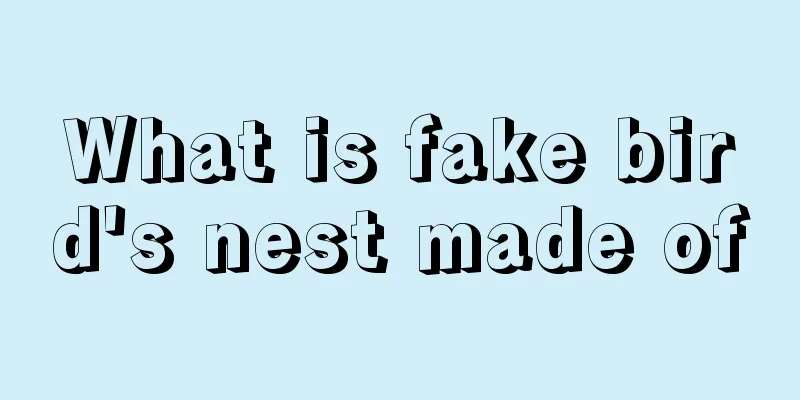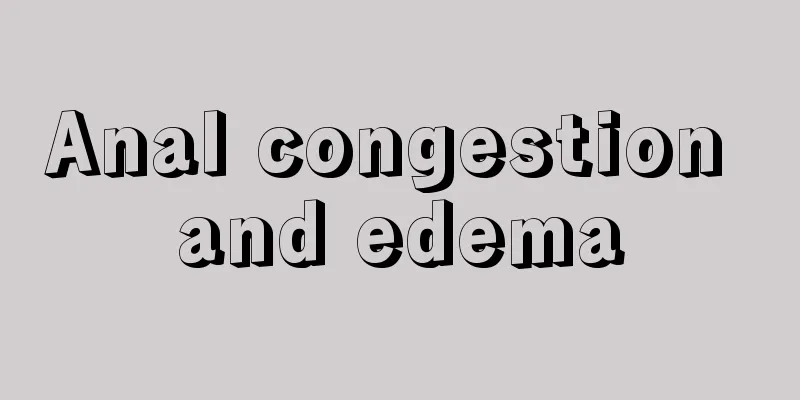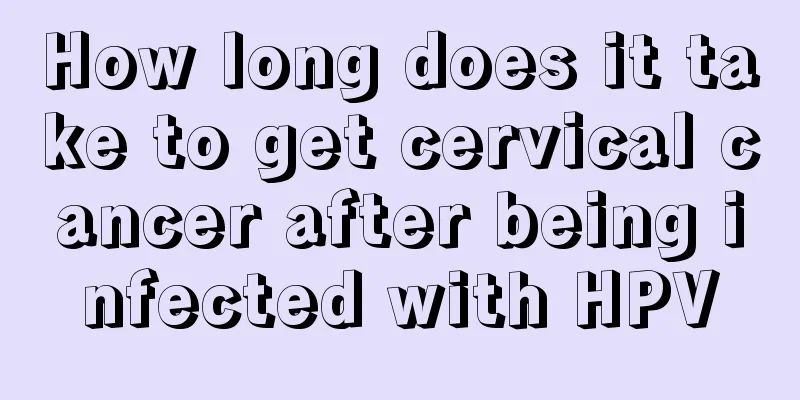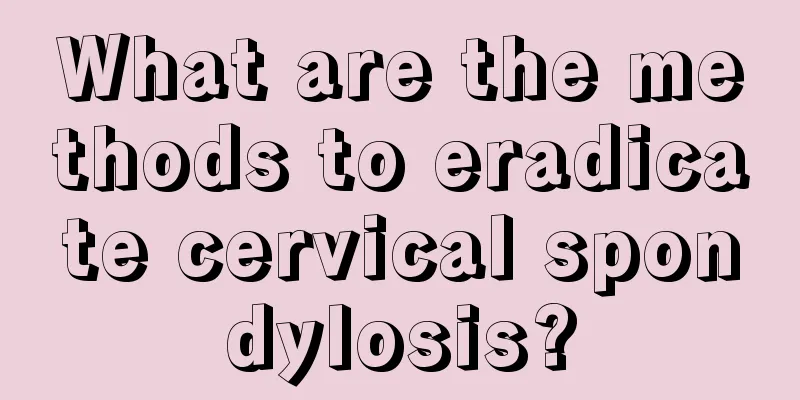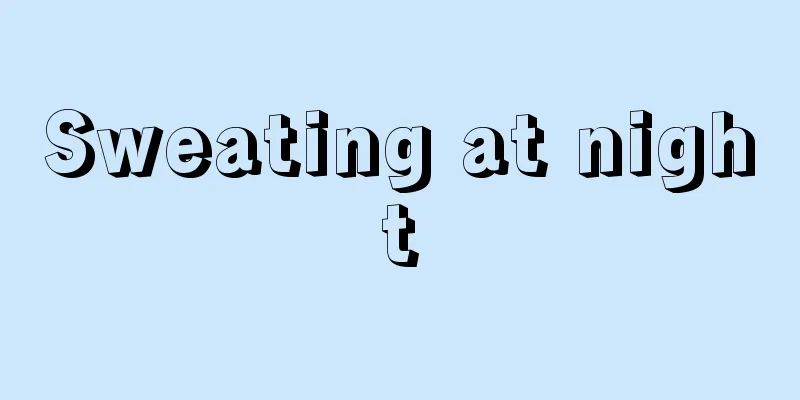What will happen if facial spasm is not treated
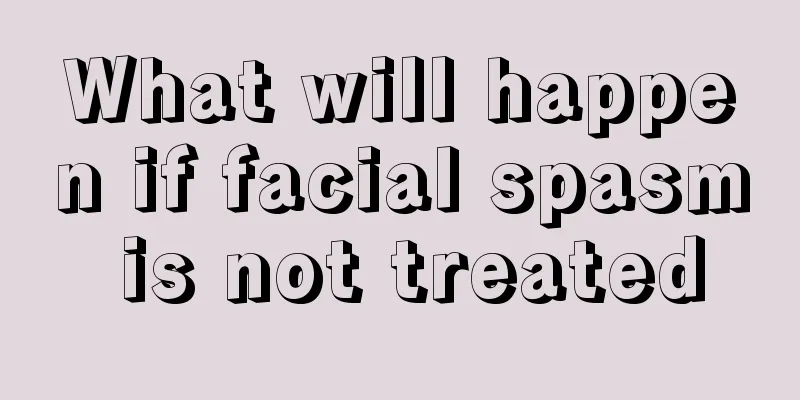
|
Facial spasms are also commonly known as facial muscle twitching. They are very harmful to a person's personal image and facial health. Therefore, when facial spasms occur, we must actively seek treatment. Usually, patients with facial spasms will experience involuntary twitching of half of their facial muscles. If they are not treated for a long time, many complications will occur. What will happen if facial spasms are not treated? What happens if facial spasms are not treated? A common symptom of hemifacial spasm is uncontrolled twitching of the eyelids and facial muscles. Although they do not feel pain, long-term treatment may lead to other complications. Therefore, even if they do not feel pain or itching, suffering from hemifacial spasm does not necessarily mean that they do not need treatment. 1. Long-term facial spasm can easily lead to complications, causing mental depression, low mood, fatigue, lack of interest in anything, and loss of confidence in life. He has low self-esteem, is introverted and unwilling to interact with others. 2. Long-term facial muscle twitching may cause vision and hearing problems for patients. 3. Affecting appearance. If hemifacial spasm is not treated effectively in time, it will lead to facial muscle atrophy, with one half of the face larger and the other half smaller. Treatment methods for hemifacial spasm 1. Drug treatment: Carbamazepine, phenytoin sodium, etc. can alleviate symptoms for a small number of patients; 2. Local injection therapy: Commonly used methods include botulinum toxin type A injection therapy, triple injection therapy, and ethanol injection therapy. The principle is to inject the drug into the course of the facial nerve to block the conduction function of the facial nerve, thereby achieving the purpose of relieving facial muscle spasm. However, this therapy is prone to recurrence and can cause mild facial paralysis. Classification of hemifacial spasm 1. Vascular factors: Vascular compression is considered to be the main cause of hemifacial spasm, which means that the starting segment of the facial nerve leaving the brainstem is compressed or irritated by the small blood vessels (mainly arterioles). According to research, more than 90% of patients with area spasms are caused by this reason. 2. Non-vascular factors: Common clinical factors include mastoiditis, cerebellopontine angle tumors (such as cholesteatoma and acoustic neuroma), as well as encephalitis, arachnoid cysts, multiple sclerosis, arachnoid adhesions, etc. |
<<: The laparoscopic wound is a hard mass
Recommend
About the disadvantages of wearing a wig
Wearing a wig can beautify our image. It is a goo...
What to do if you are afraid of the dark? 6 tips to help you relieve
Fear of the dark is a weakness of many people. No...
How to treat hydronephrosis caused by bladder cancer
If the bladder tumor is relatively large, and the...
What are the symptoms of potato poisoning
Symptoms of potato poisoning may include abdomina...
Can moxibustion treat aggravated postpartum disease?
If postpartum disease is not treated in time, it ...
Is it hereditary if my mother gets cervical cancer?
Is it hereditary if my mother gets cervical cance...
The protrusions of the clavicles on both sides are different
Under normal circumstances, the two sides of the ...
What factors are related to the continuous appearance of breast cancer symptoms
Among cancer diseases, breast cancer is also a co...
Does gout metastasis mean it has worsened?
If gout metastasizes, it means that the symptoms ...
What is the effect of sympathetic nerve excitement in the head
You may not be very familiar with the sympathetic...
There is a small pimple on the eye socket
The appearance of small bumps on the eye sockets ...
Functions of the left and right kidney
A person has two kidneys in his body, and the fun...
Who is prone to lymphoma
Lymphoma is a malignant tumor originating from th...
Middle-parted, inward-curling short hair
Girls all want to have a beautiful and fashionabl...
What are some self-treatment methods for depression?
Depression is a psychological disease. For most p...
